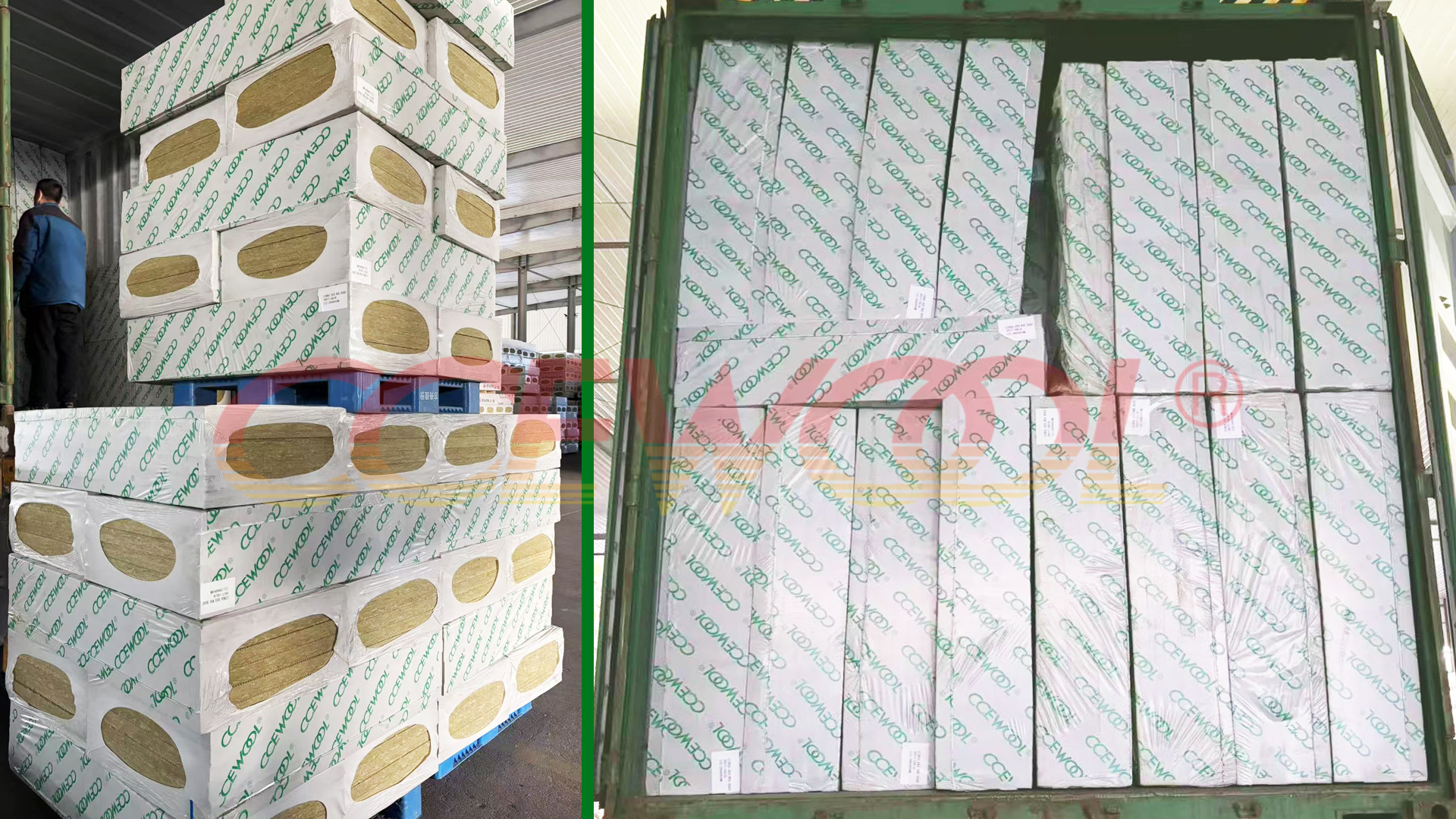Rock Wool Board – CCEWOOL®
- 04 Aug, 2025
- Insight

In petrochemical facilities, a wide range of equipment—such as heat exchangers, storage tanks, distillation towers, and reactors—operates under high temperatures, high humidity, and corrosive conditions. If insulation materials have poor compressive strength, high thermal conductivity, or high water absorption, they can cause substantial heat loss and add unnecessary load to the structure, compromising both energy efficiency and system stability. Selecting an insulation material with excellent thermal performance and strong environmental resistance has become essential to upgrading thermal systems in the petrochemical industry.
High Strength, Water Repellent, Low Conductivity: CCEWOOL® Rock Wool Board Meets Petrochemical Demands
Engineered for complex operating environments, CCEWOOL® rock wool board offers low thermal conductivity, high compressive strength, strong water repellency, and excellent dimensional stability. It performs reliably in high-temperature and humid conditions without deformation or collapse. The board’s rigid, dense structure allows secure installation on vertical piping, equipment tops, and curved surfaces—ensuring consistent thermal insulation and minimizing heat loss across a wide range of petrochemical applications.
Reduced Energy Loss, Lighter System Load, Improved Operational Efficiency
In actual insulation retrofit projects for petrochemical piping and heat exchanger systems, CCEWOOL® rock wool board successfully replaced traditional dense castables and fiberglass mats. The upgrade reduced surface temperatures by an average of 40°C and cut energy consumption by around 11%. Thanks to its lightweight construction and stable form, the board also relieved structural load on support systems, resulting in improved thermal efficiency and overall operational stability.
Controlled Raw Materials + Automated Precision Forming = High-Quality Rock Wool Board Systems
CCEWOOL® rock wool boards are produced from high-melting-point basalt stone, melted and fiberized at high temperature, and formed through fully automated processes. The result is clean-cut, uniform-thickness boards with precise dimensions. Each board undergoes water repellency treatment and aging resistance testing to ensure long-term performance in harsh petrochemical environments. Custom shapes and sizes are available to meet specific engineering needs and support fast on-site installation.
Korean Customer
Cooperation years: 2 years
Ordered product: CCEWOOL rock wool board
Product size: 506001200mm
A Korean company has been using CCEWOOL® rock wool board for the past two years in multiple insulation projects involving equipment and piping systems. The latest order features boards sized 50×600×1200mm. The customer reports excellent insulation performance, easy installation, and extended maintenance intervals. They also praised our responsive support and technical guidance, noting steady improvement in energy efficiency and repeat purchase volumes year after year—further deepening the partnership.



